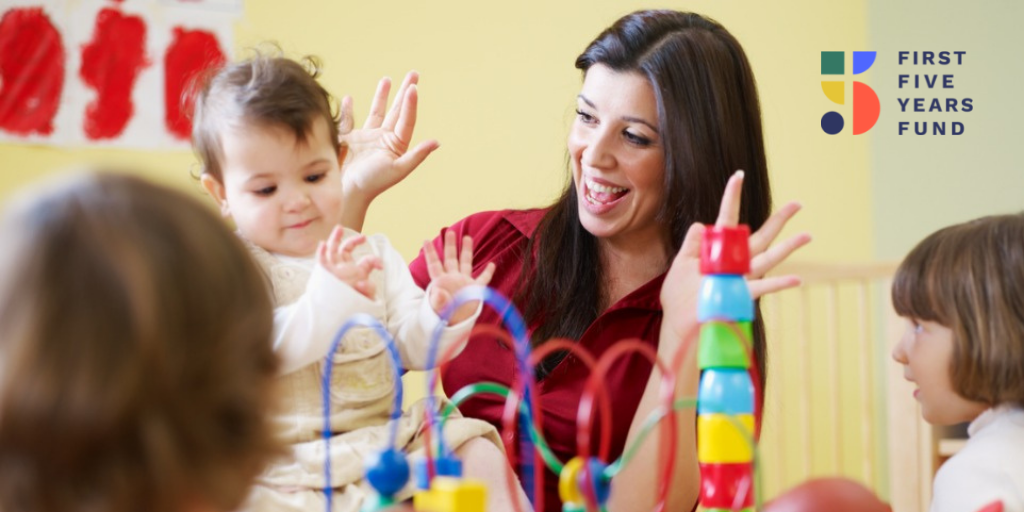FFYF Commemorates Mental Health Awareness Day

Saturday is Mental Health Awareness Day, and FFYF is proud to commemorate this important reminder to prioritize mental health initiatives that promote children’s healthy development from the start.
During the early years, children learn to identify their emotions, self-regulate their behavior, and ultimately begin to establish their personal identity. These fundamental skills are the building blocks for the complex learning necessary for later success in school and life; and access to high-quality early learning programs can help provide children the social-emotional abilities they need to be kindergarten ready.
The overwhelming research underscores the importance of identifying adverse childhood experiences (ACEs) in the early years, which impact the mental health of young children in the short and long term. A recent report from the Center for American Progress (CAP) examined U.S. Census Bureau’s National Survey of Children’s Health to better understand the prevalence of ACEs specifically in young children. CAP’s analysis found that more than 1 in 4 young children in the United States have been exposed to at least one ACE. When children experience adversity, such as poverty or family dysfunction, brain development can be negatively affected.
Last year, FFYF joined with other advocates to call for additional funding for the Infant and Early Childhood Mental Health Grant Program. The letter calls on Congress to increase funding forleaders of the Subcommittees on Labor, Health and Human Services, and Education Appropriations in the House and Senate to fund the Infant and Early Childhood Mental Health Grant Program at $20 million for fiscal year 2020. These grants support America’s youngest children who are at risk for mental health disorder or who have been repeatedly exposed to trauma by helping providers use evidence-based approaches to better coordinate and integrate services for young children who have mental health needs. Continued funding will allow more states and children to benefit from improved practices around early childhood mental health.
High-quality early childhood programs that provide early intervention for children and families experiencing chronic adversity, often associated with living in poverty, can help children build resilience and buffer the long-term damaging effects. Programs like the Maternal, Infant, Early Childhood Home Visiting Program (MIECHV), Head Start/Early Head Start, voluntary home visiting, and quality child care that begins at the earliest point in a child’s life and provide two-generation approaches to support both children and families.
Beginning at birth, a child’s social-emotional development significantly impacts their subsequent development and learning, including their capacity to withstand instances of stress and do well in school. Through high quality ECE programs we can identify and protect children from negative environmental factors like toxic stress and ACEs and allow children to learn, grow, and develop safely with healthy social-emotional habits.
Subscribe to FFYF First Look
Every morning, FFYF reports on the latest child care & early learning news from across the country. Subscribe and take 5 minutes to know what's happening in early childhood education.


